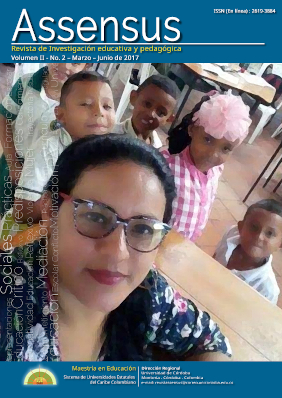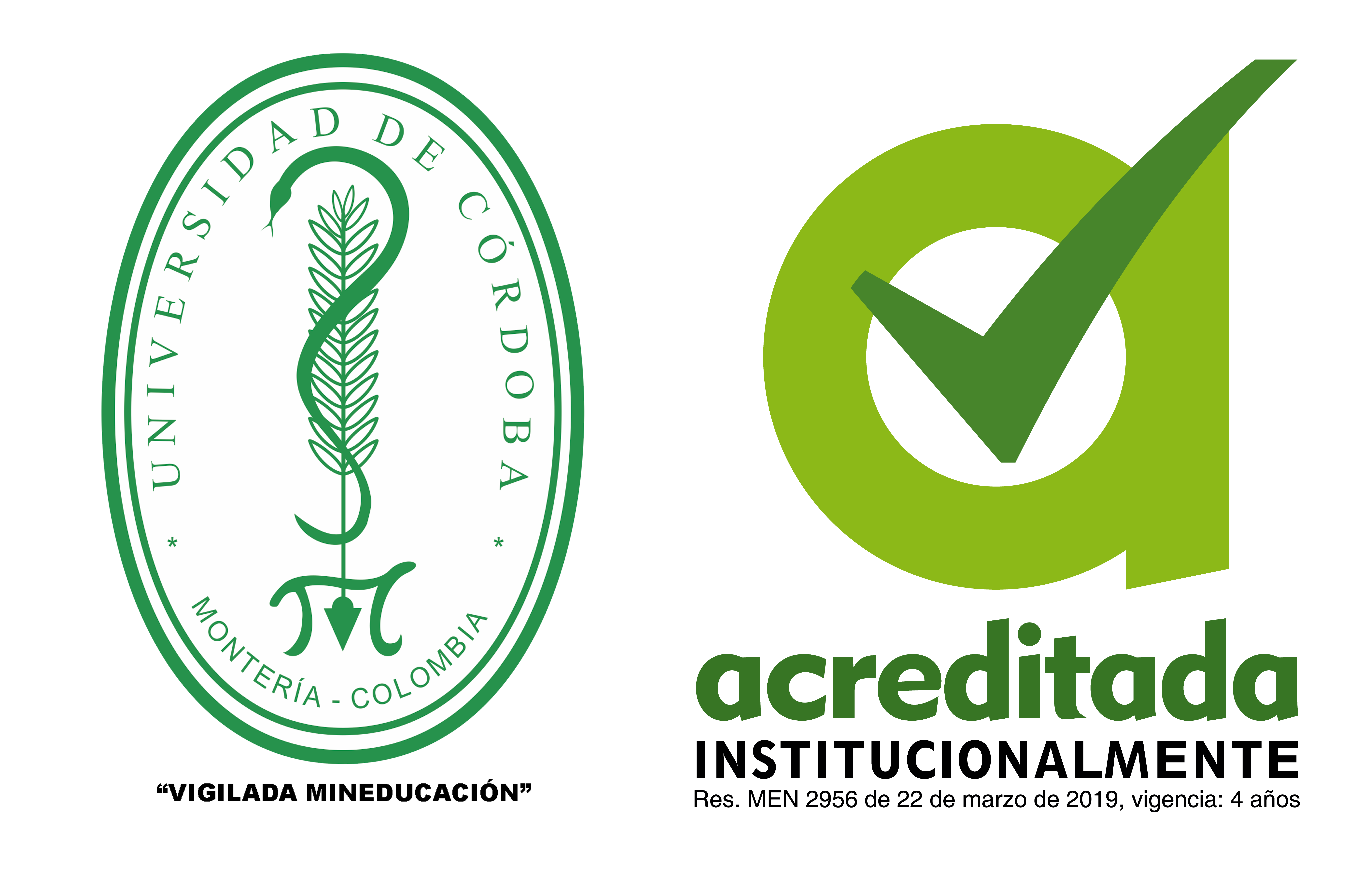Mediation and self-regulation in the training of autonomous learners: a look from the university task
Mediación y autorregulación en la formación de aprendices autónomos: una mirada desde la tarea universitaria
The Assensus journal has a Creative Commons license. The citation, use and partial or total reproduction of the contents is authorized by citing sources. For more information, see https://creativecommons.org/licenses/by-sa/4.0/deed.en
Show authors biography
Autonomous learning in higher education is an aspiration to achieve from the institutions, their teachers and students. In search of this goal, the educational paradigm has undergone profound changes in recent decades, shifting the focus of teacher- centered learning towards a focus on the role of student learning approach. This condition determines that students must demonstrate skills that enable them to face this task with autonomy and efficiency, showing ability to generate their own knowledge and to require it, cognitive, affective attitudinal and behavioral tools. That is, students need to be active participants in their learning process, be self-regulating their own learning. Various studies have shown the importance of the processes of self-regulated learning in students of higher education, thus relieving at this stage of learning, the need to strengthen tools to learn independently, remains a debt. This document highlights a research experience that emphasizes the importance of the first academic year as fundamental to the promotion of the above tools now. The empirical study of quasi-experimental design was performed during the first semester. an instrument of self-report on the transverse generic skills to 171 students (87 experimental group) (84, control group) was administered. Subsequently, an intervention program focused on the approach of cognitive mediation and self- regulation strategies evaluating its effect on learning skills and measures developed. The results showed that the intervention program, effectively impact on the development of academic skills, positively modifying math skills, organizational, speaking and concentration. No changes were observed in the skills of reading and writing. The control group showed no changes post test in any of the areas of competence evaluated.
Article visits 863 | PDF visits



